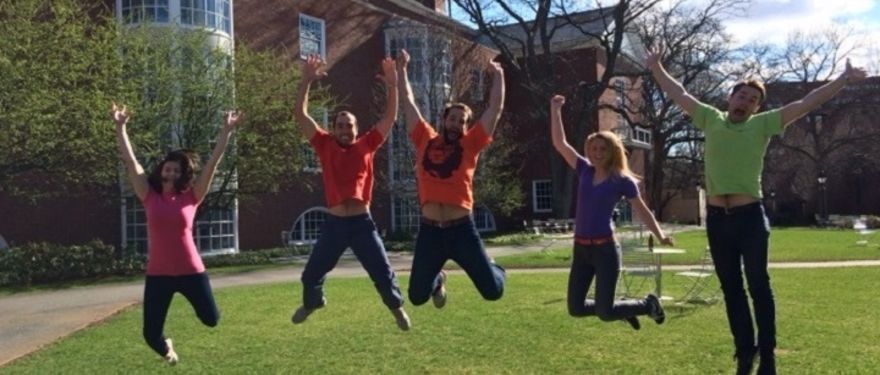When asked whether HBS is a cutthroat place my mind immediately travels back to January 2015. We are jittery with excitement as we stand at the head of the seemingly infinite table in the executive conference room of Smart Axiata, Cambodia’s second largest telecommunications provider. My FIELD 2 team is eager to share with Smart’s management the product recommendations that we have created and packaged in a polished PowerPoint presentation.
How did a formerly rag-tag group of unfamiliar individuals, consisting of a creative advertiser, a White House staffer, a finance guru, an economist, a techie, and me (a science teacher turned dental-startup enthusiast) convert into a confident, informed team providing direction to a momentous company, potentially affecting accessibility of millions of Cambodian lives to the internet? Answer: collaboration!
HBS taught us how to craft and execute a successful team launch and how to establish and enforce norms for ongoing operation. Upon examination, we quickly learned that we each were armed with a very different skill set. By recognizing individual strengths and weaknesses we were able to push each other to learn and grow while simultaneously maximizing the quality of our output. While in Cambodia we created a culture that enforced high standards, encouraged questioning and iteration, and supported creative thinking.
The result? A happy client, a new group of friends, a sharper skill set, and maybe increased antibiotic resistance. (If you travel to Cambodia, Cipro may become your new best friend.) While my experience in Cambodia was unique in many ways (crickets became our favorite evening snack), the the collaborative spirit demonstrated by my team is commonplace throughout HBS.
HBS facilitates this collaboration by constructing formal settings in which collaborative skills are deliberately taught and practiced: particularly through daily discussion groups and the previously mentioned FIELD 2 (completing a team-based consulting project in a foreign country).
Furthermore, the case-method itself is built on the foundation of collaboration. At HBS each student feels a very real duty to come to class prepared, having carefully read and reflected on each case. In order for the section to function properly, each student must fulfill his or her duty: a balance of sharing analysis, challenging opinions, contributing background experience, and – very importantly – listening. It is purely through collaboration with one’s classmates that a 12-page anecdote (a “case”) transforms into a valuable learning experience.
Yes, HBS grades on a curve. Therefore, objectively, grades are a zero sum game. Given many of us students could be described as insecure overachievers, it is understandable that one may expect a competitive nature to brew. However, in my experience, that has never been the case. The classroom and the greater HBS ecosystem are supportive and collaborative.
We have a unique opportunity to live, learn, snack, and chat with brilliant people from all over the world offering a cornucopia of experiences and insights. Now is not the time to hoard merits, badges, and grades. It is the time to forge meaningful connections, share what we have to offer, and graciously accept that which we can glean from our classmates.
Professor Garvin wrapped up today’s class with the quote from Woodrow Wilson, “I not only use all the brains I have, but all I can borrow.” It is through collaborating that we grow our ability to become leaders who make a difference in the world.

